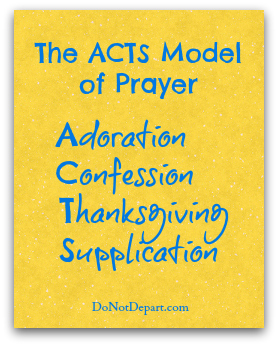
This guest post is from Wendy Widder. See her full bio at the end of the post.
Have you ever been reading the Bible and run across a word or phrase that makes you scratch your head and say, “That seems kind of random.” There’s one in the second half of Daniel 1:2, where Nebuchadnezzar took some of the vessels of the Jerusalem temple “to the land of Shinar” to put them in his god’s treasury (ESV).
Many translations replaced the word “Shinar” with “Babylonia/Babylon,” because they’re pretty much the same place and who’s really heard of Shinar anyway? (This is a good reason to use a more literal translation, like the ESV, NASB, or NRSV, for serious Bible study.) But eliminating “Shinar” from the story is like leveling a speedbump – something in the text that slows you down long enough to look up and wonder if you have been missing something in an otherwise familiar story. If you’re really going to hear what the text says, you’ve got some homework to do.
Shinar – The Beginning of Babylon
Shinar is only mentioned a handful of times in the Bible, mostly in Genesis. It first appears in Genesis 10:10, where we learn that Nimrod’s kingdom got its start in the region of Shinar. Then in the very next chapter, it’s on the plain of Shinar that the city of Babylon is born. You probably know the story – a group of people decide to build a city with a tower that reaches to the heavens, so they could make a name for themselves (Genesis 11:4).
The tower of Genesis 11 was a ziggurat, part of a temple complex. Every Mesopotamian city had one. Such a tower functioned as a staircase for a god to make his way down to earth, where he could hang out in his temple and accept gifts from worshipers. Worshipers built ziggurats for the ease and convenience of their gods. But did you catch why the settlers at Shinar built their tower? To make a name for themselves. They are a little confused about their place in the hierarchy of beings. The builders at Shinar blurred the lines between the divine and the human.
Ironically, the God Yahweh did come down to Shinar (perhaps He even used their little staircase), and, after assessing the situation, put an end to their city-building by confusing their language – and so the name “Babel,” meaning “to confuse.” The people confused about their role as humans had their language confused and they scattered.
But the city does get finished by someone, and in the Bible, Babylon becomes the epicenter of all things anti-God. “Shinar,” however, essentially disappears.
Shinar – The End of Babylon
So why does Daniel 1:2 use the obscure word? I think it’s a speedbump to make you think about the story of Babylon’s beginning, because you’re about to learn the story of its end. Babylon emerged out of the blurring of the lines between deity and humanity, and it will end in the same way. The king who dominates the book of Daniel – Nebuchadnezzar – may worship his god in his Shinar temple, but he will act more like a god himself. And the ultimate end of Babylon will come on a night when a certain King Belshazzar will make even Nebuchadnezzar look almost saintly.
In the first verses of Daniel, we discover that the true God has come to Shinar again – but this time He’s on a covert operation: His temple vessels are tucked away in the treasury of the god there and some of His choicest human vessels are on their way to the palace of the king there. God will once again confront confused humans in Shinar, and before the city of Babylon falls, everyone will know who’s God and who’s not.
What speedbumps have you encountered while studying the Bible? How can you keep your eyes out for deeper learning?
Wendy Widder lives in the Pacific Northwest, where her easiest get-away is the Canadian border. She loves teaching and writing about the Old Testament, and she can be found online at wendywidder.com and wendylynnwidder.wordpress.com.



































